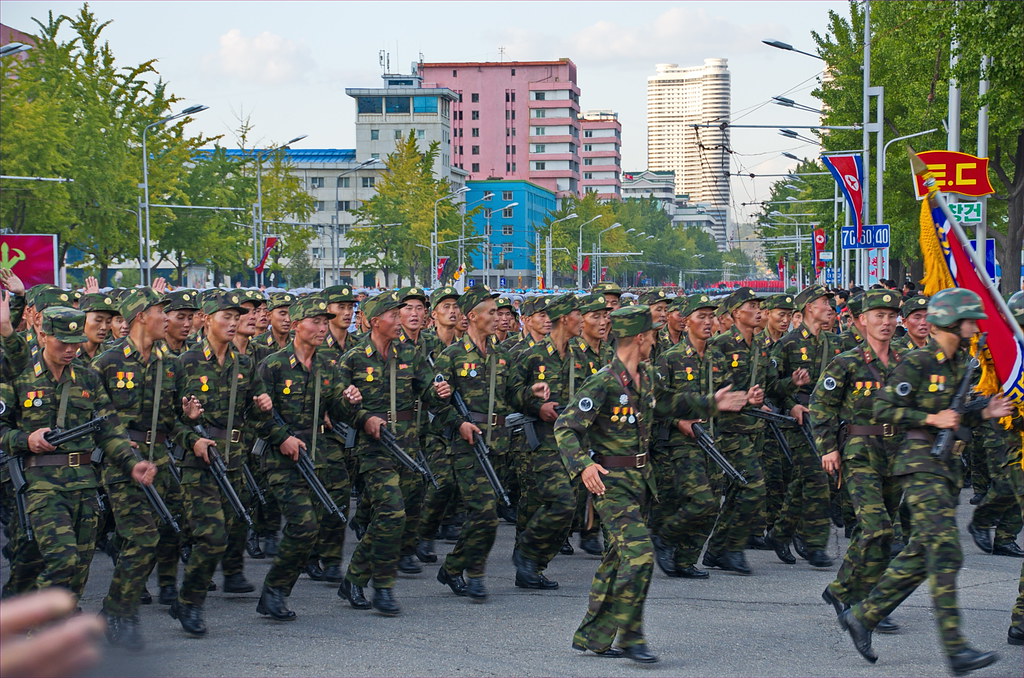Unparalleled self-isolation worsen suffering of North Korea's people: UN expert
The UN expert recalled that in response to COVID-19, the DPRK introduced international border control measures in January 2020.

Unprecedented self-isolation imposed by the Democratic People's Republic of Korea (DPRK) since the outbreak of the COVID-19 pandemic has further aggravated the suffering of its people, a UN expert warned today.
In a report to the 52nd session of the Human Rights Council, the UN Special Rapporteur on the situation of human rights in the Democratic People’s Republic of Korea, Elizabeth Salmón, urged the international community to pay urgent attention to the people's deteriorating access to food, medicine and health care in the country.
"People froze to death during the cold spell in January this year," Salmón said. "People had no money to heat their homes or they were even forced to live on the streets because they had sold their house as a last resort."
The UN expert recalled that in response to COVID-19, the DPRK introduced international border control measures in January 2020. Since then, most international staff from the UN, humanitarian agencies and diplomatic missions have been unable to return to the country. She also noted that the number of escapees arriving in the Republic of Korea had decreased significantly.
“I am seriously concerned about the impact of three years of border closures on the people of the DPRK," she said, "especially women working in informal markets, people living in poverty, the elderly, the homeless and kkotjebi (homeless children).”
The Special Rapporteur warned that violence against women, already rampant, could worsen as women lose economic power. "Women have lost the means to provide for their families as market activities have dramatically declined," she said, adding that the international community has been unable to provide humanitarian assistance.
"Women and girls face countless risks trying to escape the DPRK, especially when crossing the border into China," Salmón said. She explained that the dangers have only increased since COVID-19, with a shoot-on-sight policy for those attempting to leave.
The expert urged the Government of the DPRK to take measures to provide food to those most in need and to seek assistance from the international community to fulfil the fundamental right of all people to be free from hunger.
"The international community cannot turn a blind eye to the situation simply because it does not have access," the Special Rapporteur said, calling for renewed efforts to engage in dialogue with the leadership of the DPRK.
- READ MORE ON:
- Human Rights Council
- North Korea
- COVID-19
- Elizabeth Salmón










